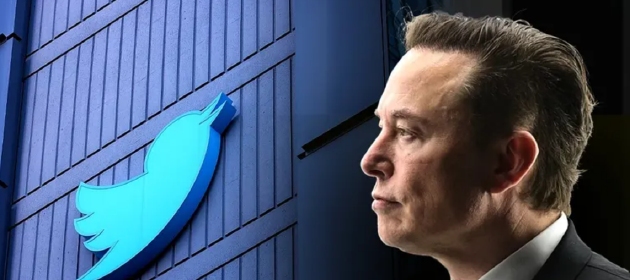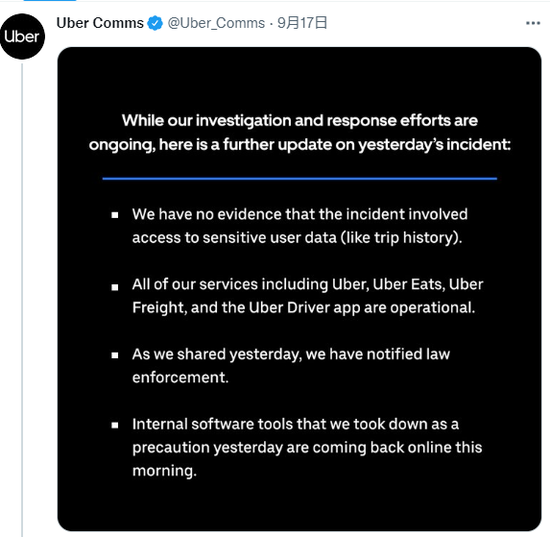your current location is:Home > Finance > NewsletterHomeNewsletter
The United States spends money to attract chip companies, South Korea's Minister of Kexin: "Sense of Crisis" looms over South Korea's semiconductor industry
The battle for chips is intensifying. According to a report by the Financial Times on the 27th, South Korea’s Minister of Science, Technology, Information and Communications Lee Jong-ho said in an exclusive interview that South Korea is preparing for greater challenges from the United States and other countries and regions, and a “sense of crisis” is looming. South Korea's semiconductor industry.
 Screenshot of the Financial Times report
Screenshot of the Financial Times reportSouth Korean officials and industry executives are increasingly concerned that domestic chipmakers will be attracted by subsidies and tax incentives to set up factories in the United States, reducing domestic production facilities in South Korea.
Last month, the "Special Measures Act on Strengthening and Protecting the Competitiveness of National Advanced Strategic Industries" (the "National Advanced Strategic Industries Act"), which is called South Korea's "Semiconductor Special Act", was officially implemented. The law will significantly strengthen support for investment by companies in strategic industries such as semiconductors by designating characteristic parks, supporting infrastructure, and relaxing core regulations.
Li Zonghao said the bill lays a legal foundation for "the semiconductor industry to deal with severe competition from the United States, Japan, Europe and other places, and aims to enhance our competitiveness in supply chain and security."
He admitted that apart from the lack of talent, South Korean companies have relatively few tax incentives from the government, so legislation is needed to solve the corresponding problems.
 Li Zonghao Source: FT
Li Zonghao Source: FTAccording to the report, Washington will use the $52 billion to be allocated under the "Chip and Science Act" to attract global chipmakers to expand production in the United States.
Although South Korea is still the world's largest memory chip producer, Samsung and SK Hynix together account for 70% of the total global Dram sales and more than 50% of the Nand flash memory market. However, the technological advantage of Korean chipmakers over US rival Micron in the Dram business appears to be shrinking, while Chinese chipmakers such as Yangtze Memory are gaining market share in the Nand flash memory market.
A senior researcher at the Korea Institute of Industrial Economics and Trade also said, "When looking at South Korea's industry competitiveness, the sense of crisis and anxiety is more than ever."
 Source of Samsung chip manufacturing plant: Reuters
Source of Samsung chip manufacturing plant: ReutersIt is worth mentioning that South Korea has been repeatedly "backstabbed" by the United States recently.
The Wall Street Journal once published an article revealing that U.S. Commerce Secretary Raimondo intercepted a $5 billion investment project in South Korea with a phone call in June this year.
The world's third-largest silicon wafer (chip integrated circuit core material) manufacturer, Taiwanese chip company Global Wafer, began looking for other suitable places to invest $5 billion to build a factory after abandoning its plan to build a factory in Germany in February this year.
Global Wafer initially chose South Korea, whose construction cost is only one-third of that of the United States, but after more than an hour of persuasion by Raimondo, the company finally chose Texas as the investment location. The plan is expected to create 1,500 jobs.
In addition, in order to realize the localization of the electric vehicle industry chain, US President Biden signed the "Inflation Reduction Act" on August 16. Under the bill, the U.S. will provide a $4,000 tax credit to domestic consumers who buy used electric vehicles and a $7,500 tax credit to consumers who buy new electric vehicles.
However, the premise for enjoying the two subsidies is that the vehicle it purchases "must be assembled in North America and source more than a certain percentage of battery materials or components from countries that have signed a free trade agreement (FTA) with the United States." The rule will put the Korean companies at a disadvantage because major Korean auto brands such as Hyundai do not have electric vehicle factories in the United States.
Previous:Musk tops Forbes' 2022 list of America's richest people: Here are the 20 richest people in America
Next:Twitter: Musk's data scientists don't agree with allegations of fake accounts
related articles
Article Comments (0)
- This article has not received comments yet, hurry up and grab the first frame~













